Being an inquisitive chap, I did a quick search on the interweb. And guess what - I found them. Or at least something very, very close. Which now has me wondering. Is the notebook a draught of the book or a copy of it?
The book in question is "The private brewer's guide to the art of brewing ale and porter" by John Tuck, published in 1822. Here's the London Ale recipe:


As the book's title indicates, it's a work intended for private brewers. Accordingly, the quantities are much smaller (1 quarter of malt rather than 22). But, other than that, the text is virtually identical.
So which came first - the notebook or the book?
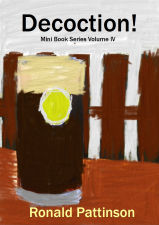

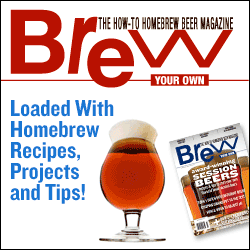
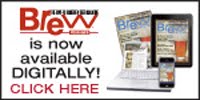
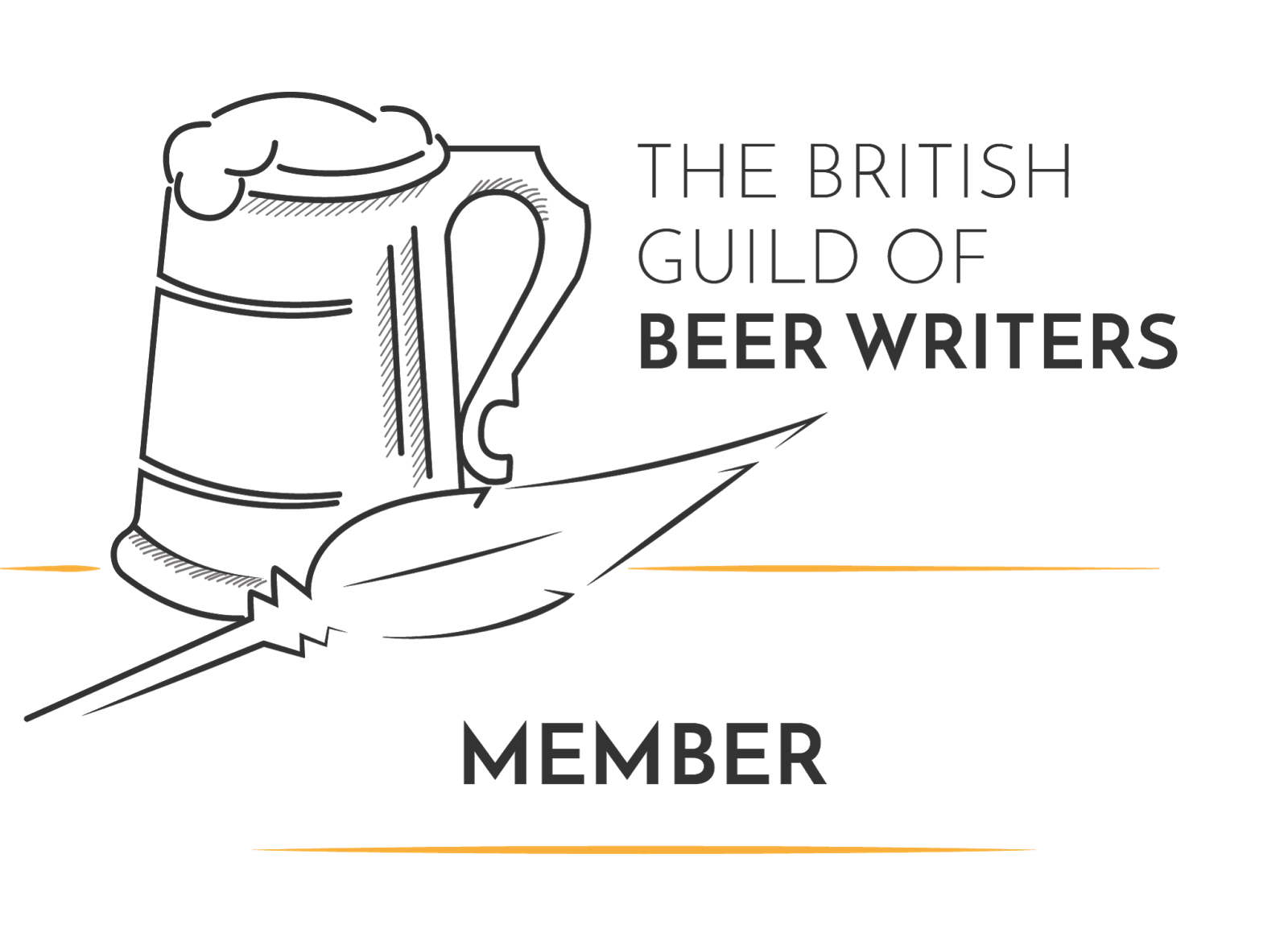









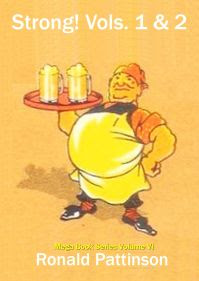

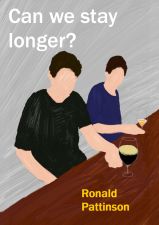
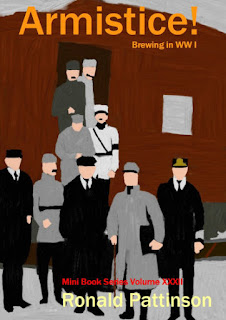
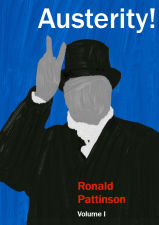

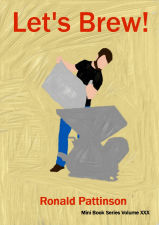
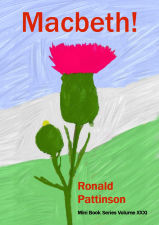
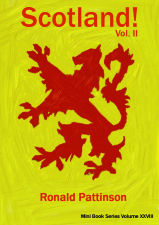
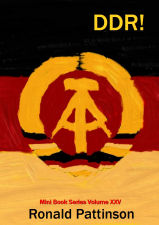


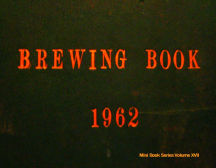
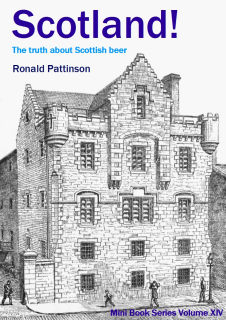
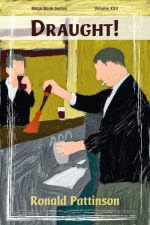

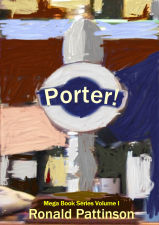
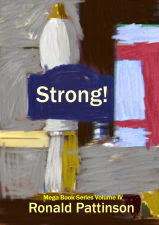
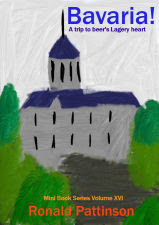

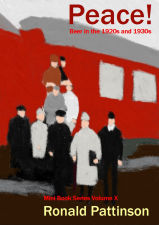

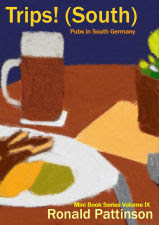
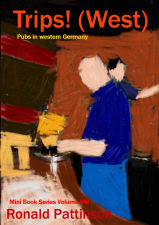
































4 comments:
That's a nice bit of detective work, Ron. Could it be the book was a draft written by a brewer in a larger brewery, and that it was scaled down for the final published product to cater for private brewers?
Perhaps the recipes came from a commercial brewer and someone decided to re-work the now illegal recipes for use by private brewers?
Maybe a chap wouldn't lend his book out, but said...go ahead you can copy the contents in this here notebook ?, pre-xerox ?
Bugger! I have had a pdf copy of that book for some considerable time and was aware of the recipes but did not connect the two.
The recipes can be confusing because there are two recipes for some beers, including brown stout. The brown stout recipe on page 171 is identical in (almost) every way to the brown stout recipe that Patto transcribed and published. 20 quarters, same weight of everything, identical wording - everything except that the hops are half old and half new, which does not appear in Patto's transcript, but that might be sheer incompetence on Patto's part.
Anyway, they are certainly both from the same source, but which source. I don't believe Tuck's book to be an "original" work for one minute. Although Tuck denounces Accum (Accum had some weird ideas), he seems to rely an awful lot on him. Accum, on the other hand, was a chemist and relied on Combrune for a lot of the practical brewing stuff in his books. A lot of authors relied on Combrune; even gets quoted in the 1870s.
So Combrune or Accum would be likely sources. I thought I had an electronic copy of Accum, but I can't find it if I did. I haven't got Combrune; the only time I've seen him was in a library - a long time before cheap digital cameras.
Post a Comment